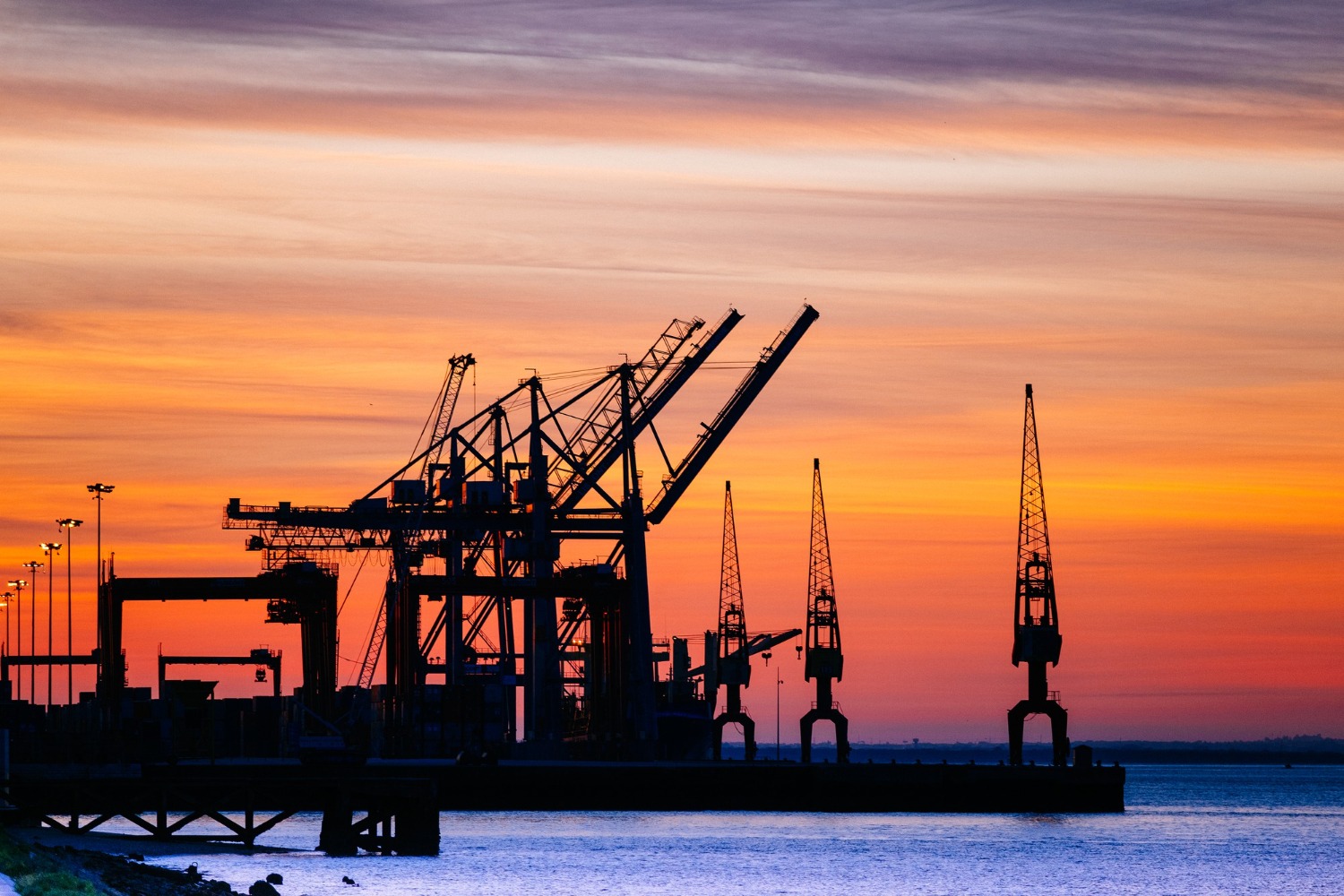Marine construction plays a vital role in building and maintaining the infrastructure needed near coastlines. Think of ports, marinas, and seawalls that create safe havens for ships and protect communities from the force of the sea. However, constructing these structures is not as straightforward as it might appear. The ever-shifting weather along coastlines can have a significant impact on these projects, often changing plans overnight.
When a project begins, coastal weather becomes an unavoidable factor that challenges even the most experienced builders. From sudden storms to high tides, these unpredictable weather conditions can disrupt schedules and put safety at risk. We’ll explore how weather patterns affect marine construction and how planning ahead can help reduce headaches and delays.
Weather Patterns and Their Effects on Marine Construction
Coastal areas are known for their specific weather patterns that can become hurdles in marine construction projects. Here are some of the most common weather issues and how they impact these projects:
– Storms: Coastal regions often experience severe storms that bring strong winds and heavy rainfall. These storms can lead to delays by preventing work, causing damage to equipment, or halting transport of materials. During construction, scaffolding and cranes are particularly vulnerable to gusty winds, leading to potential safety risks.
– High Winds: Winds near the coast can be especially fierce, putting the structural integrity of buildings and temporary structures to the test. These winds can make it unsafe to work at certain heights or handle large materials.
– Tides: Tides are another constant challenge. High tides can flood construction sites, potentially damaging materials or machinery. Scheduling work times around tides becomes essential to ensure that operations run smoothly.
The importance of planning cannot be overstated. By understanding these weather patterns, construction teams can prepare contingency plans. These plans might include adjusting work schedules, investing in more resilient materials, or employing techniques to manage site flooding. Proper forecasting allows teams to anticipate weather-related challenges and create strategies that keep projects on track while maintaining safety standards.
Marine construction teams must be proactive rather than reactive. By respecting the power and unpredictability of coastal weather, they can build structures that are not only successful but also safe and enduring. As projects continue to evolve, the focus remains on balancing nature’s influence with effective human intervention.
Challenges Posed by Coastal Weather
Coastal weather introduces some unique challenges that can complicate marine construction projects. Erosion, for instance, is a persistent issue that can alter land surfaces over time, threatening the stability of structures. Construction sites near the water must grapple with shifting sands and shorelines, which can move faster than anticipated, affecting the foundational integrity of the projects.
Flooding represents another obstacle, especially during high tides and storms when water levels rise unpredictably. Floodwaters can halt progress, damage materials, and necessitate expensive repairs. Likewise, high waves pose a risk to both the safety of workers and the durability of materials. Workers must remain vigilant and adhere to safety protocols to handle these natural events appropriately.
While specific project examples can’t be provided here, it is widely acknowledged that many landmark projects along coastlines have faced these challenges. Successful outcomes often rely on early risk assessment and the adoption of strategies to mitigate these environmental influences during the planning phase itself.
Solutions and Best Practices for Mitigating Weather Impact
Addressing the impact of coastal weather calls for practical solutions and the implementation of best practices. Protecting construction sites can be achieved through several methods:
– Seawalls and Wave Barriers: These structures help in absorbing the energy of incoming waves, reducing the risk of erosion and protecting the shoreline.
– Weather-Resistant Materials: Using materials designed to withstand harsh weather conditions can prolong the life of marine structures and ensure their integrity under stress.
– Advanced Weather Monitoring Systems: By implementing sophisticated technology for constant monitoring of weather forecasts and ocean conditions, teams can anticipate changes and prepare accordingly.
The adoption of these approaches ensures that construction teams are well-equipped to handle unexpected changes in weather, reducing downtime and enhancing safety.
Real-Life Application in Surrey
In Surrey, the coastal climate is a critical consideration for marine construction. Here, rain and periodically high tides mean planning must be precise. Assessing tide schedules and understanding local weather can guide construction phases, ensuring that work proceeds smoothly and uninterrupted.
One example from the area highlights the importance of incorporating advanced forecasting tools. While we cannot discuss specific projects, knowing when heavy rains are likely can allow teams to shift materials and protect them from water damage. This proactive planning reduces setbacks and preserves resources.
Final Thoughts on Marine Construction in Coastal Areas
Building in coastal areas requires a thoughtful approach rooted in a deep understanding of local weather. Knowledge of these environmental influences aids in tailoring construction methods that minimize risks while maximizing efficiency and safety.
In Surrey, where marine construction is integral to development, those familiar with local weather intricacies can ensure the success of projects while safeguarding both people and resources. By choosing to work with experienced teams who understand the nuances of coastal construction, stakeholders can look forward to positive outcomes in their projects.
If you are planning a project near coastal waters, working with experienced marine construction companies can make all the difference. Industra Construction Corp. offers the expertise needed to handle the unique challenges of marine environments, helping you complete construction projects in Surrey smoothly and safely.

















